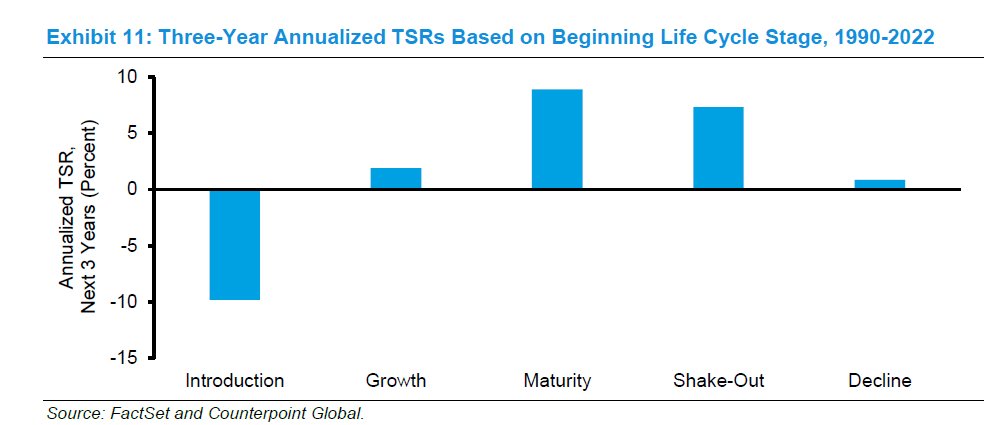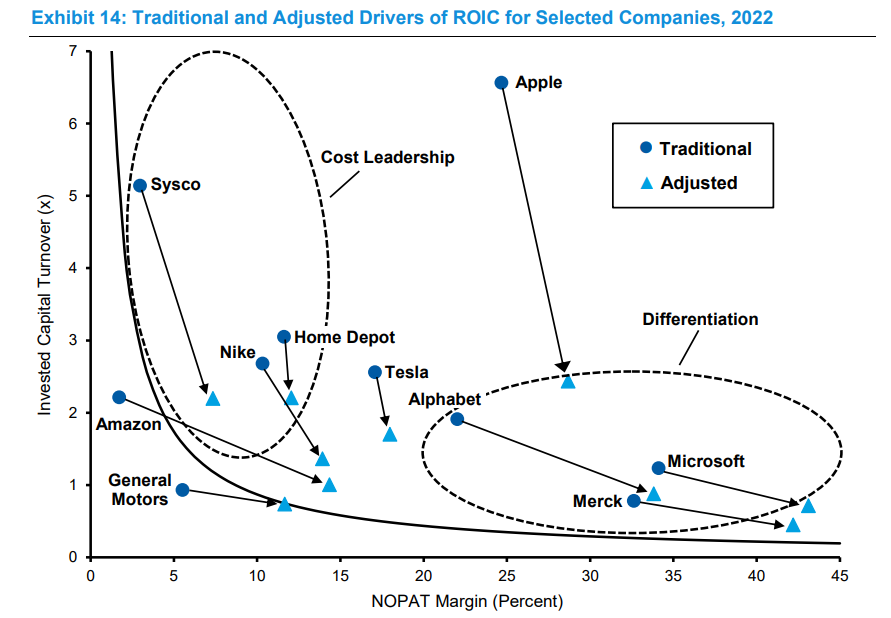John Paulson on the big short (book: How to Invest):
"I had developed a specialty in the late ’80s, when Drexel was imploding, of shorting investment-grade corporate bonds. That is an investment that is structured to have relatively little downside but substantial upside."
"I had developed a specialty in the late ’80s, when Drexel was imploding, of shorting investment-grade corporate bonds. That is an investment that is structured to have relatively little downside but substantial upside."

"However, the probability of an investment grade bond defaulting is very rare. But we found an area where it does happen, primarily with financial companies, as these companies are highly leveraged and a small decline in their assets could wipe out the equity."
"If they do fail, many times the unsecured bonds issued by these companies will go to zero. I was always looking for mispriced credit securities."
"Because of the asymmetry of this short, I never gave up on looking for large amounts of credit securities that could be borrowed, that could be shorted, and that could default."
"We finally found that in subprime mortgage-backed securities. We focused on the BBB tranche. A loss of 7% would wipe out the BBB. We thought housing was overvalued, mortgage securities were in a bubble, and that losses in these pools would exceed 7%, probably be as high as 20%." 

"We told our investors, “We’d like to take a hedge and we’d like to pay 2% in premiums to buy protection.” For 2% per year, we could short bonds with a notional value of 200% of our AUM. “We could make 200 % if
they fell to 0.”
they fell to 0.”

"There had never been a default of investment-grade MBS. They were viewed as the safest securities next to Treasuries.
What others missed was that the underwriting quality of securities had never been as poor as it had been in that period."
What others missed was that the underwriting quality of securities had never been as poor as it had been in that period."

"The fact that they hadn’t defaulted in the past had nothing to do with whether or not the securities being issued would default in the future."
"The difficulty in shorting credit is you have to actually borrow the securities and you have a negative carry. Profiting from short credit is quite challenging.
You didn’t have to borrow. You could just buy a credit default swap."
You didn’t have to borrow. You could just buy a credit default swap."

"I haven’t found anything that is as asymmetrical
as this particular trade."
Interview from August 12, 2021: "The area that’s most mispriced today is credit. The 10-year is 1.3%, the 30-year 2%"
as this particular trade."
Interview from August 12, 2021: "The area that’s most mispriced today is credit. The 10-year is 1.3%, the 30-year 2%"
"Our view is that the market is that if inflation does prove to be higher than market expectations, that will result in higher gold prices and higher interest rates. We have set up positions that could result in 25x to one." 

• • •
Missing some Tweet in this thread? You can try to
force a refresh














